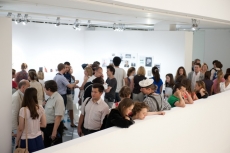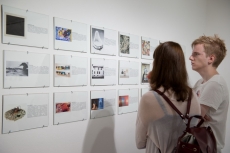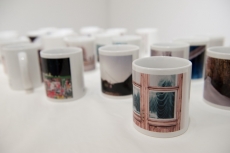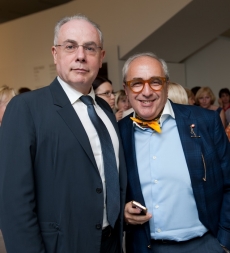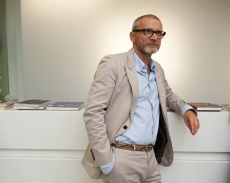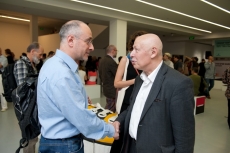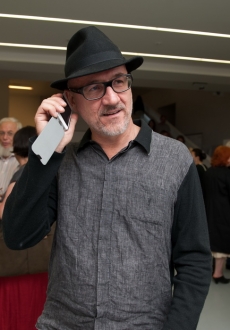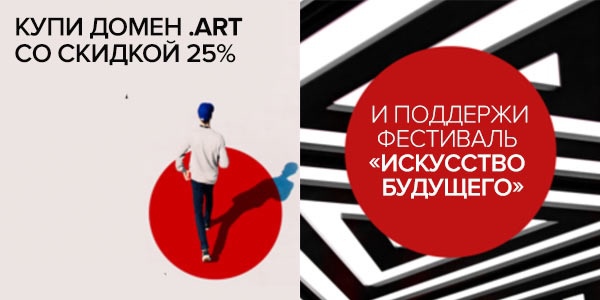Why do we go to see exhibitions
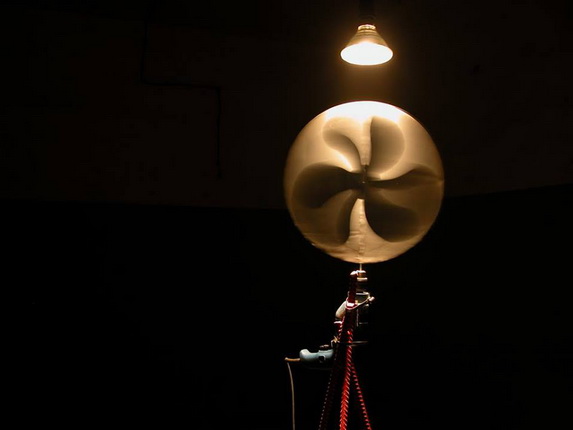
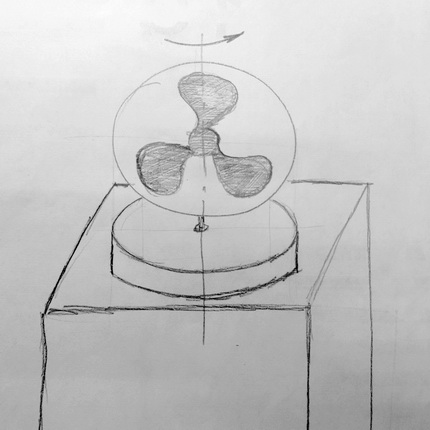
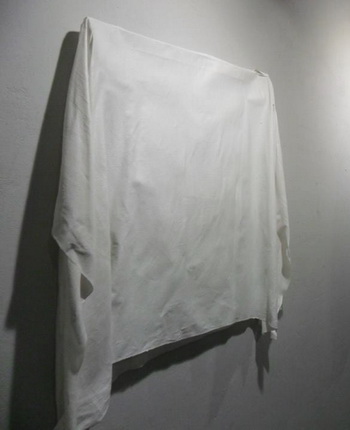
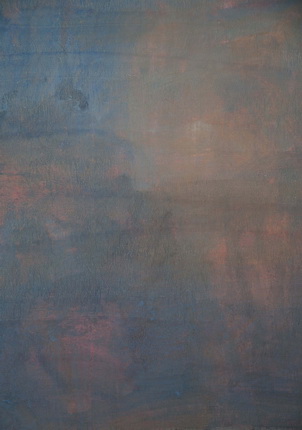
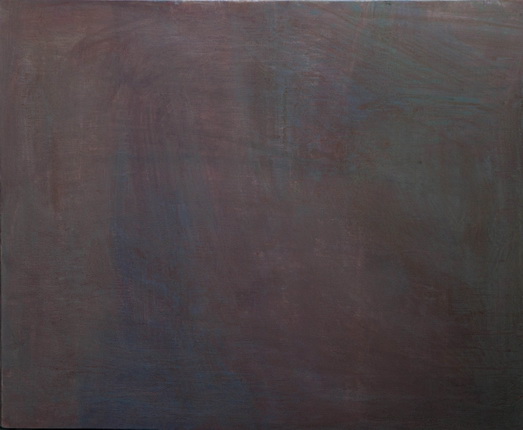
Sergei Prokofiev. Cycle. 2013. Plastic, Oracal, mixed media
Sergei Prokofiev. Cycle (sketch). 2013. Plastic, Oracal, mixed media
Irina Tsykhanskaya. Reconstruction. 2013. Textile, epoxy resin
Ivan Novikov. From 'Untitled' series. 2013. Paper, tempera
Ivan Novikov. From 'Untitled' series. 2013. Paper, tempera
Moscow, 18.07.2013—8.09.2013
exhibition is over
Share with friends
Curator: Vladimir Logutov
For the press
MAMM presents an exhibition of work by young artists participating in the Vladimir Smirnov and Konstantin Sorokin Foundation educational programme.
According to a scheme proposed by the foundation, over the last year students from leading Russian contemporary art schools were guided by a young, specially invited curator as they prepared projects and works united by a common theme, this being determined and elaborated by all those participating (the curator and artists) during the creative process. In 2013 curator Vladimir Logutov suggested that his protégés from the Institute of Contemporary Art, the A. Rodchenko School of Photography and Multimedia and the St. Petersburg Institute Pro Arte consider and visually conceptualise the relationship between works of art and the viewer, the options for this dialogue, and why communication difficulties occur, thereby approaching the answer to a key question that applies to any museum visitor: how to view and comprehend contemporary art. The young artists examined diverse aspects of these relations, striving to formalise them to the maximum degree, establish a system for the codes and ‘rules’ of visual perception and dissect the harmony of an integral impression from the algebra of schemas and formulae. They subject important 20th-century works of art (from Malevich’s ‘Black Square’ to Damien Hirst’s ‘Skull’) to a comprehensive psychoanalytical investigation, observe the public’s reaction to the paradoxical covering or disappearance of a picture (as in the works of I. Tsykhanskaya and I. Novikov) and test the durability of our almost reverent attitude to museum exhibits, suggesting that we snatch them from the wall, chop them into small pieces and distribute these among the spectators (A. Tereshko). Moreover, we ourselves become the object of an almost scientific study as our emotional reactions take shape in a catalogue of clichéd banalities and truisms (in P. Grishin’s work).
What occurs in ‘Why Do We Go To Exhibitions’ can scarcely be described in the terms of institutional art criticism, and the young artists put their question in a way that implies far more global considerations: they reach for new forms of interactivity, call for greater involvement from viewers, even altering expositional rules and genres. The exhibition becomes a versatile, mobile substance and presupposes a diverse range of media, drawing them into the realm of art with great persistence, shaping a different kind of sensibility within us and activating different mechanisms for the perception of present-day artistic practice.
Exhibition participants: Sergei Buravchenko, Oleg Borodin, Pavel Grishin, Sasha Karelina, Olga Karyakina, Andrei Kachalyan, Pyotr Kiryusha, Taisia Krugovykh, Sergei Krylov, Vova Lilo, Lilia Li-Mi-Yan, Viktoria Marchenkova, Ivan Novikov, Sergei Prokofiev, Vladimir Smyshlenkov, Max Stepanov, Alyona Tereshko, Ivan Tuzov, Irina Tsykhanskaya, Ira Fedor, Sveta Shuvaeva.

